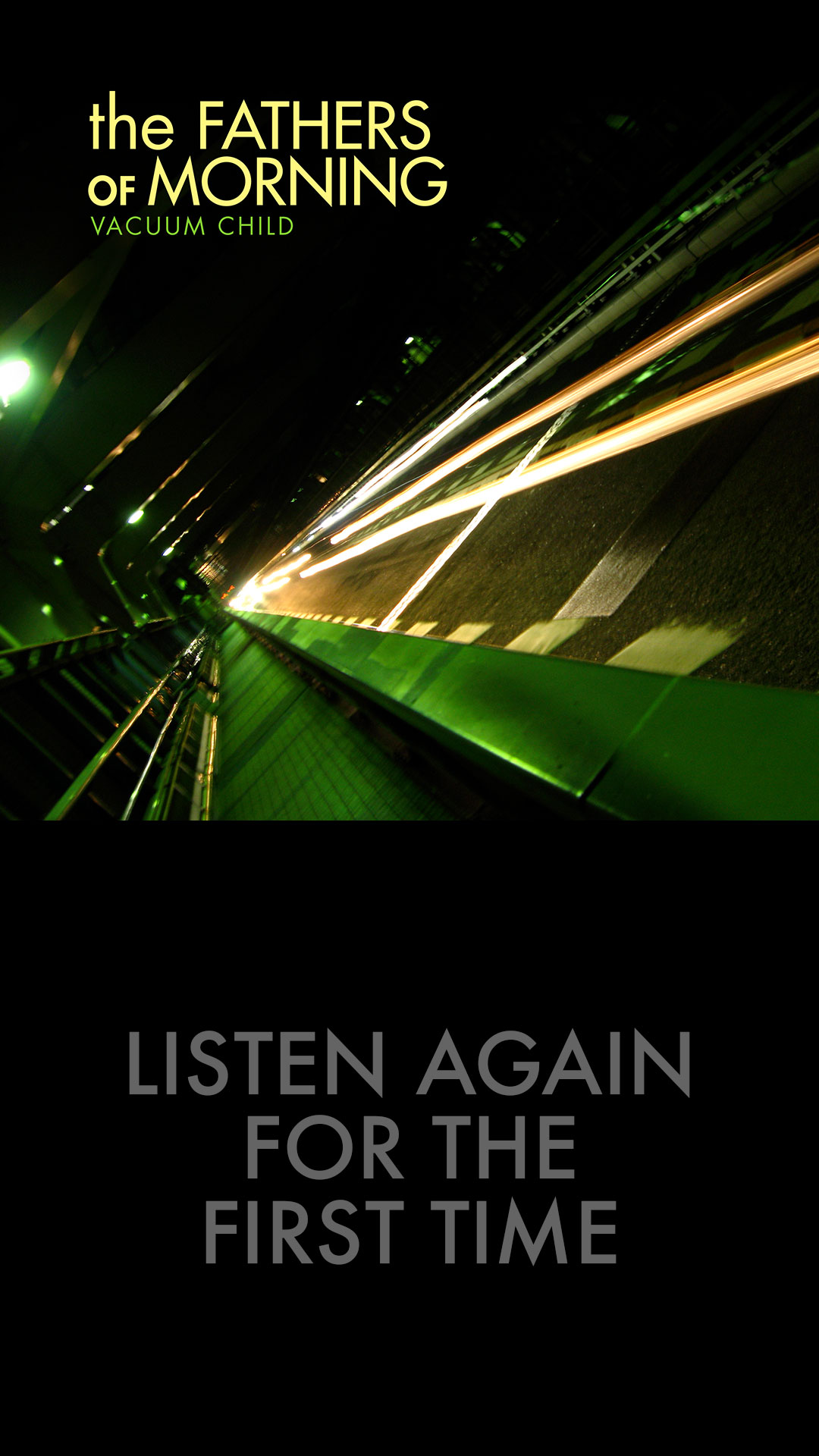 In the 17 years since its auspicious start, plenty has happened to Spacehog—some of it not so great. And still, the group’s new release, As It Is On Earth (Hog Space), carries on almost as if there were no gaping 12 years of dead air since the 2001 release of the band’s last album, The Hogyssey. As It Is On Earth displays none of the derivative Bowie/T.Rex laziness of its predecessor, while harnessing manageable doses of the antsy experimental energy that fueled Resident Alien’s expansive 1998 follow-up, The Chinese Album. Spacehog frontman Royston Langdon will be guest editing magnetmagazine.com all week. Read our brand new feature on the band.
In the 17 years since its auspicious start, plenty has happened to Spacehog—some of it not so great. And still, the group’s new release, As It Is On Earth (Hog Space), carries on almost as if there were no gaping 12 years of dead air since the 2001 release of the band’s last album, The Hogyssey. As It Is On Earth displays none of the derivative Bowie/T.Rex laziness of its predecessor, while harnessing manageable doses of the antsy experimental energy that fueled Resident Alien’s expansive 1998 follow-up, The Chinese Album. Spacehog frontman Royston Langdon will be guest editing magnetmagazine.com all week. Read our brand new feature on the band.

Royston Langdon: Walking along 57th Street a while back, I noticed on the billboard outside Carnegie Hall that The Orchestre Révolutionnaire et Romantique would be performing Beethoven’s ninth symphony that evening on period instruments. I, like many, know of this now-famous work. For instance, Alex’s love of “the glorious ninth” in Kubrick’s A Clockwork Orange was embedded deeply within my own consciousness. Still, I realized I’d never heard it naturally, as it would have been heard when it was first performed, or as indeed as Ludwig Van never did. I secured a seat.
I love the sound of an orchestra tuning up. For me, it’s the best bit. It’s something they edit out of recordings, which seems a shame. It seems to point out the transition of the before and after whilst bringing both musicians, conductor and audience under one roof respectfully. Even the best recordings, along with the most superlative equipment to play them on, is still only a representation of what would not have even been known of in May 1824.
There is so much to discover about Beethoven and the No. 9 itself. It seems strange today to think it was quite an anarchic piece when it was premiered. It was the first symphonic work to include a choir, for instance. It was met with very mixed reviews, critics rejecting it as cryptic and eccentric, the product of a deaf and aging composer. Beethoven’s life, his alcoholic father, the Prussian wars. So much to discover in and around this work. None of which I feel I would have considered did I not put myself in the room as it would have been long ago. The next morning I went to get my morning coffee and discovered on the street, as is often the case in NYC, a pile of books had been left. Amongst them, The Life And Work Of Beethoven, stolen from the New York Public Library.
Video after the jump.













